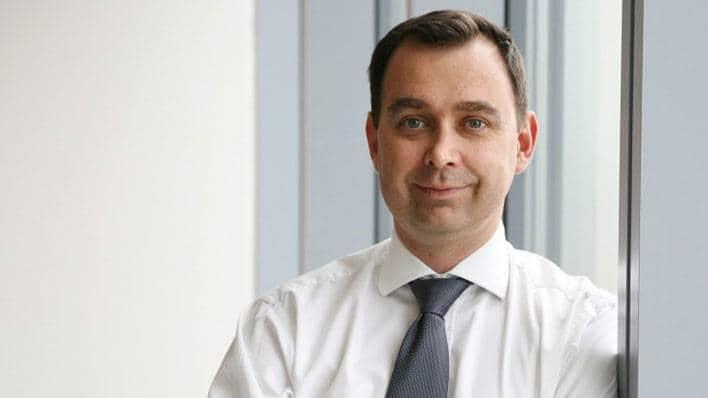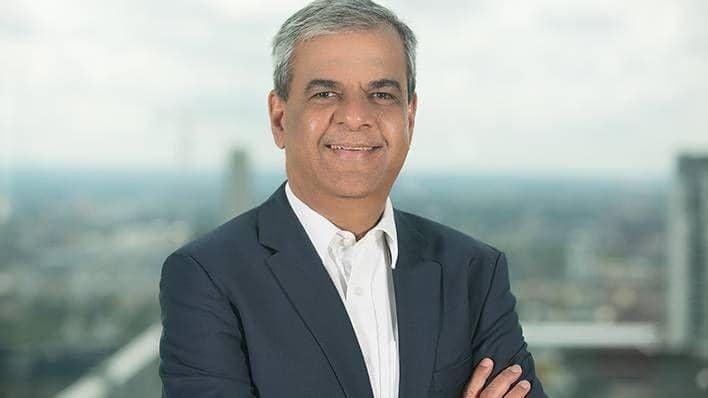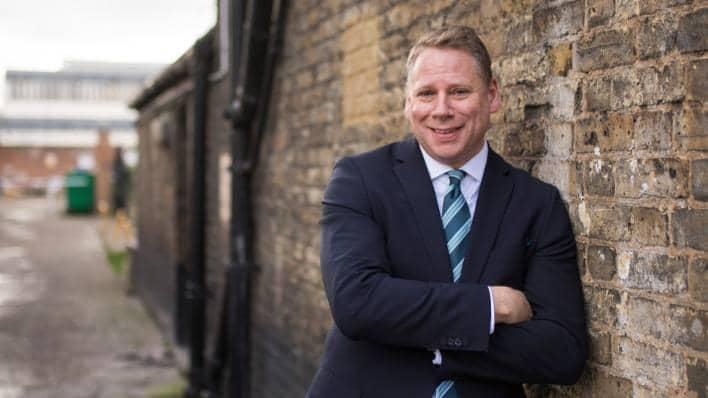Physical risks
These are the impacts felt today on insurance liabilities and the value of financial assets that come from climate- and weather-related events, such as floods and storms that damage property or disrupt trade.

At the end of last year, a global climate agreement was secured in Paris at COP-21 (the United Nations Climate Change Conference). For the first time in history we saw every country in the world come together in a single agreement to tackle climate change and, significantly, to agree to take steps to keep global temperatures well below 2°C above pre-industrial times; the temperature above which scientists state climate change would reach dangerous and irreversible levels.
This agreement is a significant step forward; while the direct, human-related risks posed by climate change are profound, the impact on global financial stability cannot be overlooked. This is why the task force came into being.
The Financial Stability Board (FSB), chaired by Mark Carney, is tasked with monitoring and making recommendations about the financial system. Following the financial crisis in 2008/09, it was deemed that had regulators across the globe been privy to more disclosures, perhaps the warning signs would have been seen and mitigated.
In the same vein, if we can set out and monitor the financial risks stemming from climate change, we will be better placed to mitigate the long-term impact on global financial stability.
This industry-led task force, formed of 30 representatives from the financial sector, aims to develop a consistent set of climate-related financial risk disclosures which can be used by companies to provide information, and in turn will allow market participants and policymakers to better understand and manage climate-related financial risks.
While the impact of climate change is already being felt, it is future generations who will experience its direct impact more acutely. Unfortunately, this means that in the absence of price signals and meaningful climate-related disclosure, there is little or no incentive for many of the key actors in the space - from politicians to businesses - to take action today, especially when they have seemingly more pressing and immediate issues to deal with.
We hope this task force will help to bring the conversation on climate change into the financial mainstream by putting the risks it poses to financial stability front and centre.
Broadly speaking there are three ways in which climate change can affect financial stability:
These are the impacts felt today on insurance liabilities and the value of financial assets that come from climate- and weather-related events, such as floods and storms that damage property or disrupt trade.
These are the impacts that could arise in future; as the risks become wider and more severe, there is an increased chance that those who suffer loss or damage could seek compensation from those they hold responsible.
These are the financial risks that could come from moving to a low-carbon economy. Changes in policy and the emergence of new technologies could create ‘stranded assets’ as they become less competitive. This is likely to prompt a reassessment of the value of a large range of assets as costs and opportunities become apparent.
The key to the disclosure framework will be to help companies identify potential risks early on, and in turn help their stakeholders and ultimately the market understand what they need to be aware of and the minimum standards they should be looking out for.
Our aim is to present a full report with our recommendations to the FSB and G20 by the end of the year, with a final version being published in early 2017.
The hope is that in time the recommendations will be adopted by the G20 nations. If you consider that the G20 nations account for 85% of all global carbon emissions, having their engagement and support would be a very significant step forward.
Personally, it’s an honour to be a part of this – I’m the only sell-side analyst and the only representative from a UK head-quartered bank on the task force.
Banks have an integral role to play in the transition to a sustainable low carbon economy, and it speaks volumes to Barclays’ commitment to the environment that I was asked to join. We were a key founder of the Banking Environment Initiative, and recognise the need for cross-sector and client collaboration to find sustainable, long-term solutions.
I believe this task force can play a significant role in helping to create and ensure the market adapts to a two degree world – it’s an exciting opportunity.

'The sharing economy' is one of the hottest topics in the business world, but do we really understand what the term means?

James Allan has worked for Barclays for more than 15 years in a variety of roles, recently heading up UK Cash Management for the Corporate Bank

Growing up, if I wanted to speak to someone I would meet them face to face; if I needed to learn something, I would ask someone or look it up in a book; and when I needed to get somewhere new, I would use a map to navigate myself

As Community Banking Director for South London, looking after 44 branches, Paul Turpin knows first-hand about the challenges his customers face